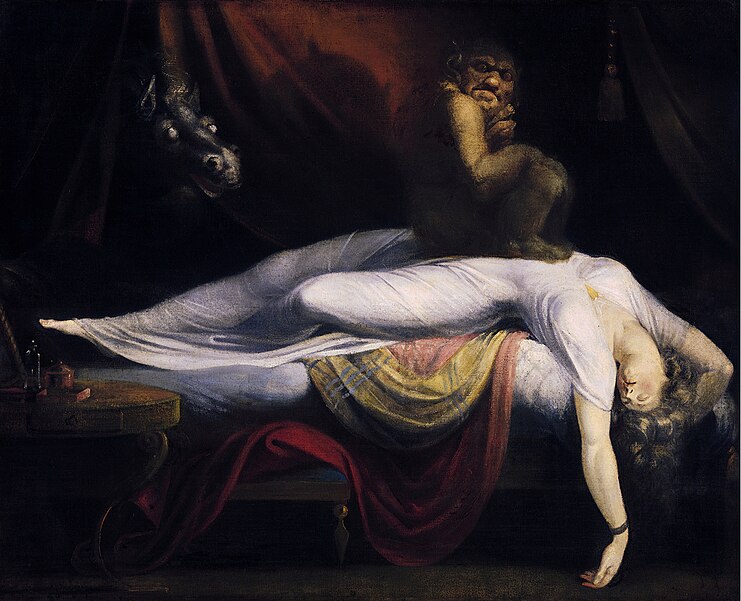Unless you are a psychopath, as a human being you are bound to feel emotions. Love, happiness, anger, sadness… there are many emotions that range from simple to complex. Emotions are an interesting system as they allow us to respond rapidly to a situation without thinking, while alerting other members of our society to what is happening to us. Essentially, emotions help us in survival and social interactions.
According to Professor Paul Ekman, emotions are universal from culture to culture, with facial expressions being almost identical from tribal cultures to modern ones. He found that there are six major emotions: anger, fear, disgust, sadness, surprise and happiness. He also pioneered the field of micro-expressions, which studies the flickering change in our facial expressions whenever we feel a certain emotion. As emotions usually occur before the conscious mind thinks, we are often unaware of the expressions we make.
Another psychologist, Dr. Paul Gilbert, divided emotions into three affect systems. They are as follows:
- Threat/protection system: associated with the fight-or-flight response, activates in response to danger. It causes anger and fear and is related to catecholamines (e.g. adrenaline) and cortisol (stress hormone).
- Want/desire system: associated with hunting and rewarding behaviour, helps us perform actions that aids survival such as obtaining food and mates. It is related to the emotion of excitement, which is caused by the neurotransmitter dopamine (part of the reward system).
- Contentment system: associated with met needs and social connection, especially when we feel safe and relaxed. It produces feelings of happiness and peace, linked to the hormone oxytocin (released with human touch, especially during kissing).
Dr. Gilbert also posited that as societies have evolved over time, our affect systems have been altered. For example, despite the lack of natural predators around, urban dwellers are often in a state of high anxiety. This causes a sustained stress response, leading to negative health outcomes. Furthermore, the agitation and the paranoia caused by constant fear leads to crimes such as murder and war. Our want/desire system has also been heightened as we find pleasure in gaining material wealth. This has led to aggressive capitalism, exploiting other people and the environment for selfish gain.
On the other hand, the contentment system has shrunk. People feel less content despite being in a generally healthier and richer world than 100 years ago. The reason being, our brain has evolved to help us survive, not to keep us happy.
One must learn how to adapt to these changes by finding a way to relieve tension and stress, while finding inner peace and happiness. Whether it be through sports, music, humour or simply talking to another person, finding your own way to deal with anxiety is the best road to being happy and content.






